One often finds out that there are more things in theory than exist in real-life. Though many end up on the right side of the truth fence, many fail and fail at it miserably. The human mind, above many other things that makes us human, is a mystery. As a result, we are always quick to attempt to understand it even if it means going against some ground rules and procedures. Over the years, scholars have come up with many ways to understand the mind. One of the methods that have been the subject of many contentions is the personality test.
What is a personality test?
The personality test is simple and is often carried out by answering a few questions or scribbling down some answers to some questionnaires. The big question that usually surfaces is whether answering a few questions is enough basis sufficient enough to judge a person’s real character and personality. True enough that answers provided can give little insight into an individual’s personality, but is it enough evidence to conclusively predict their actions?
The argument on the efficiency of personality tests as a basis for evaluation is always tilted in two directions. On one end of the blade, some argue that the set of questions does not highlight all the essentials needed to identify the core elements of one’s personality. On the other end of the blade, the personality test is viewed like a window that gives you access to a person’s mind provided that the person of concern is willing to share.
At this point, we are yet to conclude whether a personality test is a fact or not. If you are thinking of making use of the test, then you should know a little bit more about personality tests and what they involve.
Why personality test?
Personality tests are taken to assess an individual’s conduct. The issue is, the word personality is a bit ambiguous and can mean a lot of things. To break it down, we can summarize personality into two categories: the way humans react to situations and the way we act. The entire behavioral process of the human mind is driven by some brain mechanism and the way the mechanism works in each of us is different.
Oftentimes there is a parallel relationship between a person’s behavior and the situation in their immediate environment. A clear understanding of this singular fact is one of the bedrocks needed to understand whether a personality test is a fact or a fiction. The situation around a person is an essential characteristic that defines the behavior. By implication, you cannot conduct the same personality test for a group of distinct sets of people and expect the same result. Why? Because they are influenced by different environmental factors.
Consequentially, it is very easy to conclude that a personality test is fiction when the situation around the subjects are ignored. Likewise, it would be easy to conclude that the result is valid when the situations are considered. For example, for a group of people who claim to hate following the rules, the best way to test their personality is to tweak the situation around them to see if they would indeed disregard the rules. Say they stand in line under the supervision of government officials. The ones who hate rules will break rank while others will simply stay for fear of the officers.
Another example to illustrate this point is to consider another group of people who claim to be great at engaging people in lively conversation. Given the situations around them, the best way to know if this claim is true or not is to send them off to a social gathering where there is a crowd and watch how they perform. If they try to steal the spotlight and do not stay too close to the edge of the party, then it would be a true test of their personality. If, however, you try to test this with a simple questionnaire, then the test results would be insufficient to judge their character.
Criteria a personality test must satisfy
● Objective
● Validation
● Consistency
● Reliability
● Practicable
● Objective:
Like all tests, a personality test must be as objective as possible. By objective, it means that it should be free from subjective opinion. You cannot evaluate a person’s ability and pass judgment based on what you feel and expect as an outcome.
● Validation:
By definition, validity is the extent to which a test measures what it claims to measure. This means that there should be no hold-backs and approximation. Just because something looks like it doesn’t mean that it is. For example, one can be tempted to assume a test result because the answers to the question tell so much about a person’s personality. However, if the answers are not sufficient to conclusively define a person’s personality, it would be wrong to assume it does.
● Consistency:
The degree to which people are motivated to answer personality test questions should be consistent with environmental situations that motivate them to provide the right answer. Also, if the test is intended to measure intelligence, it should leave out the other factors and measure intelligence. This way, the result can’t be affected by any variable aside from the defined variable.
● Reliability:
This means that the test result must be the same for an individual irrespective of the number of times it is administered. For example, if you administered the test to an individual three times yesterday, the result must be the same if you administer the same set of questions several times tomorrow. One of the features of personality is that it reveals long-term stabilities and constancies in human behavior. Whether the situation is favorable or not, the result should be the same.
● Practicable:
Personality test questions should be answerable within a reasonable period. Since it is obvious that people respond to different situations in different ways, the pattern of administering personality tests should vary from one respondent to another. However, to avoid distortion and confusion, there should be a common yardstick to measure personality. This yardstick is often referred to as the five personality characteristics or theory.
Although many kinds of research have attempted to increase the number of personality characteristics that a person has, it has been narrowed down to just five.
Five essential personality traits
● Openness
● Conscientiousness
● Extraversion
● Agreeableness
● Neuroticism
Another way to capture all five characteristics is to use the acronym OCEAN.
1. Openness:
Open people are people who are always ready to try out a new thing or embark on a new adventure. They are never weary of a new challenge and are always ready to get the best out of life. Thus, they make better use of their imagination. People that fall into this category pick interests in several areas of life and are always curious to learn a new thing. By implication, they tend to be more creative, adventurous, and they don’t find it difficult to think. On the contrary, people who are not open dislike change, they are not always open to new ideas, and don’t make judicious use of their imagination.
2. Conscientiousness:
Organization, reliability, methodological, and prompt action are few features of people that fall into this category. Most of their action is goal-oriented, and they pay attention to details. Also, they are always careful not to affect others with their behavior, so they plan. People who are not conscientious hate structures and often leave things worse than they met it.
3. Extraversion:
Like the opposite of introverts that get their energy from within, an extravert gets his energy from outside through interaction with others. Hence, they are highly sociable, assertive, and are highly emotional. By staying around people, extraverts feel energized and are naturally drawn to conversations. As should be expected, people who are introverts prefer solitude and are often careful before they speak.
4. Agreeableness:
Compassion, cooperation, trust, and friendliness are what make an agreeable person. People that are not agreeable care less about other people’s feelings and will not hesitate to manipulate others as a means to an end.
5. Neuroticism:
Neuroticism is often characterized by moodiness, emotional instability, and sadness. It deals more with human emotion, hence people who demonstrate neuroticism often experience negative emotions and emotional instability. They can be tense, sad, and switch moods easily. People who don’t possess this trait handle stress better and are often relaxed when faced with adversity.
As universal as the five personalities are, they are subjected to environmental situations and biological influences around us. You might be surprised to see a set of twins display different sets of personalities. This is because of our immediate environment, as not only genetics plays a role in shaping individual personality.
Therefore, for the question of whether a personality test is a fact or a fiction, it is a fact and true when it is conducted in an environment that agrees with the conditions stated above. By carefully considering the genetics and environmental situations around them, they stand to be factual. Anything otherwise is fiction.







